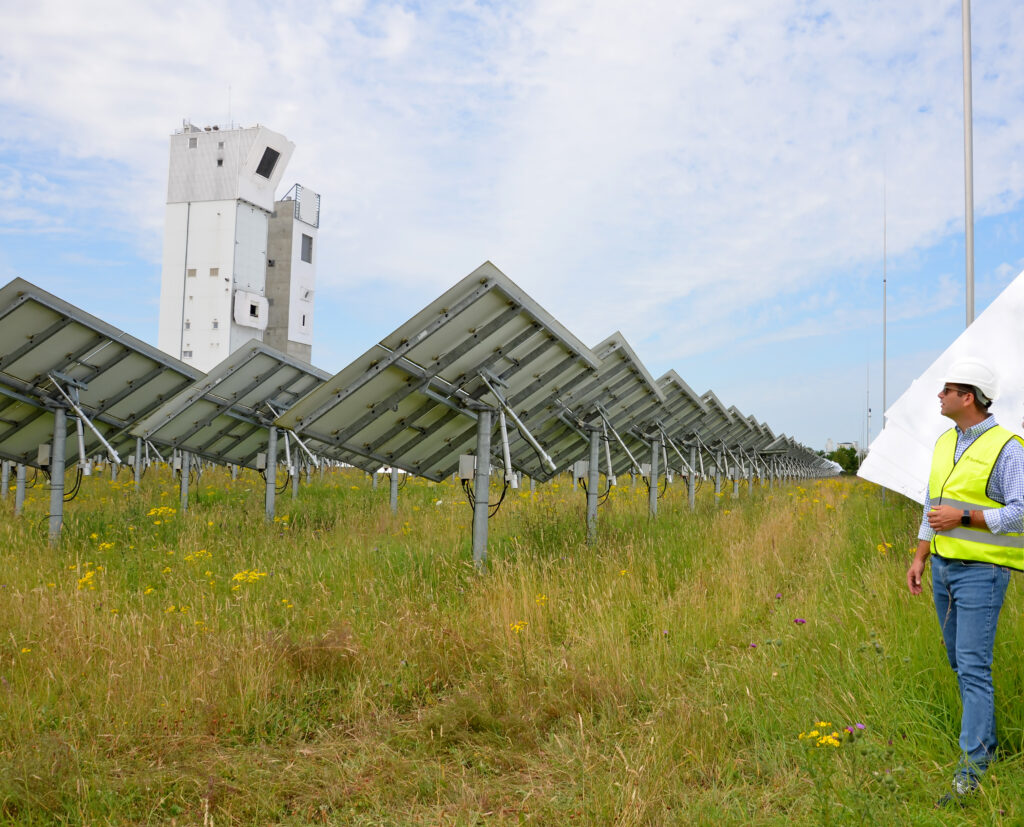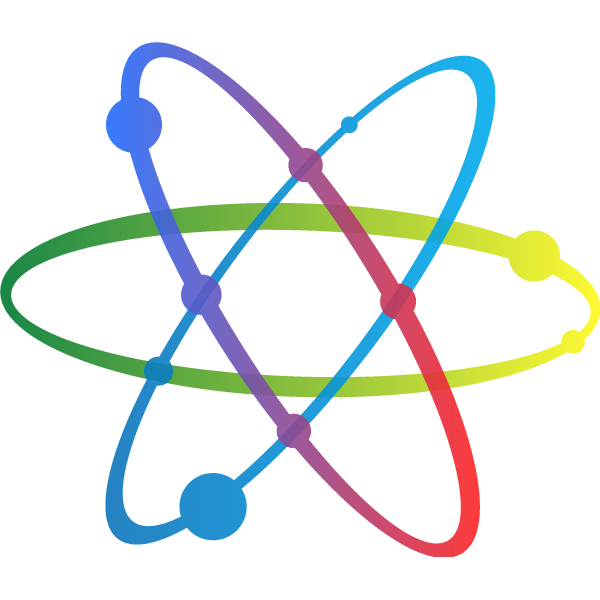
Synhelion, the successful spin-off from ETH Zurich creating jet fuel from sunlight and air, advocates for Switzerland association to Horizon Europe. in the following interview.
Energy in crisis: One more reason the EU should Stick to Science
In an interview with Philipp Furler, CEO of Synhelion, the ETH Zurich spinoff creating jet fuel from sunlight and air, advocates for Switzerland’s association with the European Union’s Horizon Europe programme. Open collaboration helps companies, like Synhelion, to move the world toward net zero with clean alternatives to fossil fuels.
Why is Synhelion advocating support for Switzerland’s association to the European Union’s Horizon Europe programme?
Synhelion produces sustainable solar fuels that enable clean aviation, shipping, and road transportation. Our company evolved after many years of intense research at ETH Zurich and developed within the framework of international research cooperation which is why we strongly support the #StickToScience campaign and association of Switzerland to the EU’s Horizon Europe programme.
Both the research and our company benefited greatly from Horizon 2020. Access to international networks and expert “know how” worldwide is essential for developing breakthrough innovations and technologies into global leading products and companies. It is highly important that Switzerland and the UK stay connected to the scientific world and through association to Horizon Europe. Scientific progress and innovation should come first.
What is the progress of your work now?
We are further developing the world’s first industrial scale solar fuel plant. To do this, we collaborate with leading global industry players and the best research labs across the world to implement our technology on a global scale. This approach benefits not just Switzerland, but also benefits all of Europe and, eventually, the world as we draw closer to net zero and clean alternatives to fossil fuels.
Swiss International Air Lines and the Lufthansa Group will be the first to use our fuels commercially. By 2030, Synhelion anticipates producing the equivalent of half of Switzerland’s jet fuel consumption, and by 2040 half of Europe’s consumption.
Do you think other companies could benefit from Horizon Europe?
Absolutely! The great thing about the European Research and Innovation programmes is that it ensures an open and barrier-free collaboration among Europe’s research and innovation leaders. We share a common set of values not only in terms of science, but also societally and culturally. For our team and as a company the network to leading R & D researchers and institutions was super important to start our activities abroad in Spain and Germany, for example. It gave us immediate access to the top research and test facilities where, today, most of our large-scale testing is performed.
Would it have been possible without the EU’s earlier Horizon 2020 programme?
The best innovations are achieved when all actors in science and innovation work together across geographic boundaries. International science-based collaboration was likely never more important than today. We are facing a unique set of global challenges – climate change, energy crises, pandemics, wars, inflation, and, worst of all, misinformation. The world today is interconnected, and science should be too. No country can solve the global issues of society alone. It is only together and based on solid scientific evidence that we can address some of society’s most pressing issues.
#StickToScience is about placing science collaboration before politics. Do you agree?
Tomorrow’s future depends on today’s scientific progress. Scientific results should shape the foundation for political decisions. Scientific progress thrives when the best in their fields collaborate regardless of politics or geographical circumstances. That is why it is incredibly important for Switzerland and the UK to be formally associated with Horizon Europe allowing open science collaboration to continue – it is in society’s best interest.
